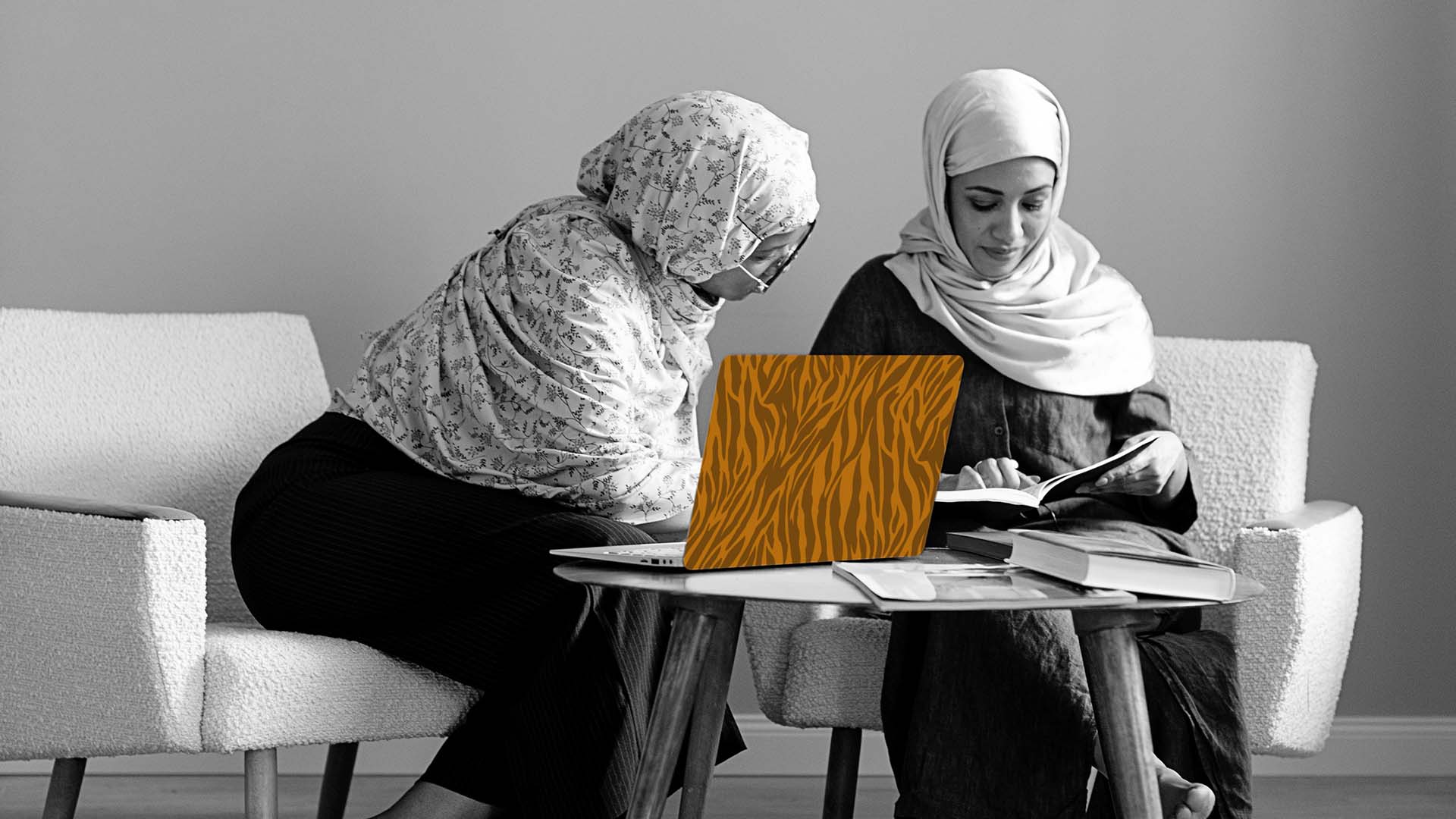Saudi Arabia’s Vision for 2030 is a plan to transform the country into a thriving and modernised society. One of the key goals of this plan is to empower women in the workplace.
This is a significant step towards gender equality, and it has the potential to result in meaningful change not just for Saudi Arabia, but for the entire region.
Historically, Saudi women have faced numerous obstacles when it comes to pursuing their careers. They have been limited in terms of the educational and employment opportunities available to them. However, this is all set to change with the support from the Saudi government. The new vision for Saudi Arabia recognises the importance of empowering women, not just for the sake of gender equality, but also for the economic benefits that come with a more diverse and inclusive workforce. Studies have shown that companies with a higher representation of women in leadership positions tend to perform better financially.
To achieve this goal, many initiatives and programs have been put in place. These include improving access to education and training for women, creating new job opportunities, and encouraging more female participation in politics and decision-making.
One of the most significant steps that have been taken to empower women is the lifting of the ban on women driving. This has opened up new avenues for women to travel and work independently, both of which were previously difficult due to transportation limitations. Another important initiative is the establishment of women-only sections in public places such as universities, parks, and restaurants. This ensures that women can have safe spaces to study, socialise, and relax.
The Saudi government has also launched numerous campaigns to encourage more women to join the workforce. For example, the “Baladi” program provides training and mentorship to female entrepreneurs looking to start their businesses. Furthermore, the Ministry of Labour and Social Development has introduced a range of policies and programs aimed at attracting more women to the workforce. These include offering flexible working hours, providing childcare facilities at the workplace, and creating more job opportunities in non-traditional sectors such as tech and engineering.
The government has also made changes to the legal system to ensure that women are better protected in the workplace. The Labour Law now includes provisions that prohibit discrimination based on gender, age, or disability, and require equal pay for equal work. In addition to legislative changes, the government has also launched campaigns to raise awareness about women’s rights in the workplace. This includes educating employers and employees about the importance of gender diversity and inclusion.
All of these efforts are crucial to empowering women in the workplace and achieving gender equality in Saudi Arabia. While there is still much work to be done, these initiatives have already started to bear fruit. Today, women in Saudi Arabia are increasingly taking up roles in fields such as medicine, law, business, and politics.
In conclusion, Saudi Arabia’s Vision for 2030 is an ambitious plan that seeks to transform the country into a more modern, inclusive, and economically vibrant society. Empowering women in the workplace is a key element of this vision, and the government has launched numerous initiatives and programs to make this a reality. With continued investment and support, Saudi Arabia has the potential to become a leader in women’s empowerment and gender equality in the Middle East.

